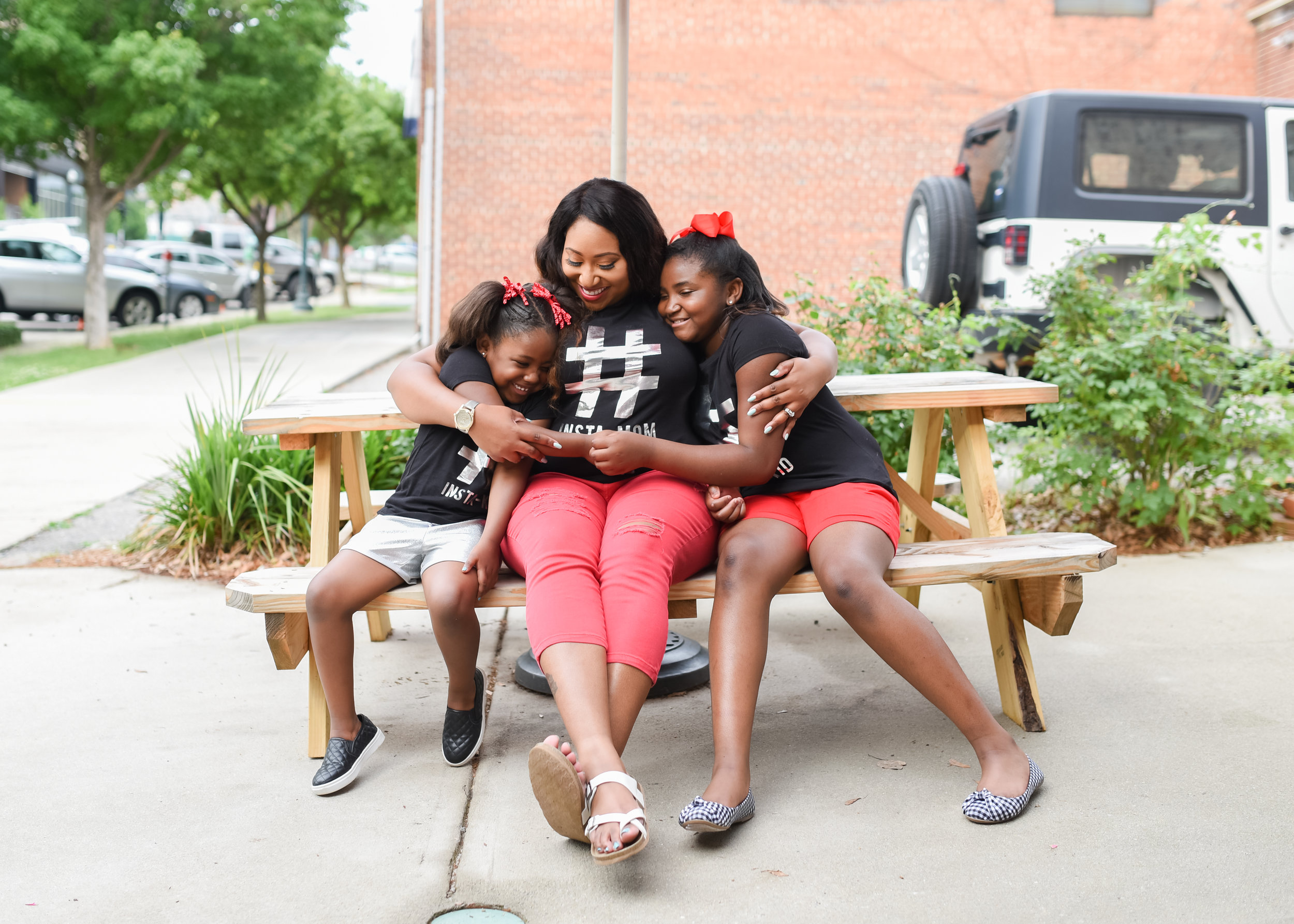How to Ensure Your Family is Protected No Matter What
/No one ever expects bad things to happen, but sometimes they do. That's why it's crucial to have a plan in place for emergencies and disasters. Whether you're dealing with a natural disaster or a simple accident, you need to know that your family is safe and protected. This blog post will discuss some ways to keep your loved ones safe no matter what happens.
1) Ensure your kids know how to get a hold of you
Make sure everyone in your family knows how to reach you. In an emergency, it's important that everyone knows how to get in touch with you. So make sure each member of your family has your contact information stored somewhere safe and easily accessible.
If you have young children, it's also a good idea to have a plan for who will pick them up from school or daycare if you can't get to them. Talk to your child's teacher or daycare provider about their emergency procedures and make sure you understand them.
Also, be sure to keep a list of emergency contacts handy. Include numbers for local law enforcement, the fire department, and poison control, as well as any close friends or relatives who live nearby.
2) Have an emergency kit ready
In case of an emergency, it's important to have some supplies on hand. Put together a kit with essential items like food, water, first-aid supplies, and a flashlight. Keep it in an easily accessible place like a closet or a garage.
Your emergency kit should be able to sustain your family for at least 72 hours. Make sure to include enough food and water for everyone in your household, as well as any special items that someone might need (like diapers or prescription medications). You should also have a plan for where you will go if you need to evacuate your home.
Choose a safe meeting place ahead of time and make sure everyone knows where to go. And finally, don't forget about your pets! Make sure to include food and water for them in your emergency kit as well.
3) Have a plan for dealing with financial emergencies
Bad things can happen at any time, so it's important to be prepared financially as well. Set up an emergency fund that you can use if you lose your job or have unexpected expenses.
Start by setting aside a few hundred dollars and then work your way up to having three to six months of living expenses saved. This will help ensure that you can weather any financial storms that come your way.
You should also make sure you have adequate insurance coverage. This includes health, auto, and homeowners or renters insurance. Be sure to review your policy limits and make sure they meet your needs. And finally, don't forget about identity theft protection. This is especially important in today's digital world. There are a number of different ways you can protect your identity, so find the one that works best for you and be sure to use it.
4) Have a lawyer on retainer
This might seem like an unnecessary expense, but having an Injury Lawyer on retainer can be a lifesaver. If you ever find yourself in legal trouble, you'll be glad you have someone on your side who can help you navigate the process. A lawyer can also help you create important documents like wills and trusts. These are essential for ensuring that your family is taken care of financially if something happens to you.
How to choose the right lawyer?
There are a few things to consider when choosing a lawyer. First, you need to decide what type of law they practice. This will help narrow down your search and make it easier to find someone who specializes in the area you need help with.
It would be best if you also considered their experience level. You want to find someone who has handled cases like yours before and knows what to expect. And finally, you need to make sure you're comfortable with them. This is important because you'll be sharing personal information with them, and you need to be able to trust them.
Once you've considered these factors, you can start looking for lawyers in your area. Start by asking friends and family for recommendations or searching online for reviews. Once you've found a few potential lawyers, set up consultations to meet with them in person. This will give you a chance to get to know them and see if they're the right fit for you.
5) Invest in life insurance
Life insurance is one of the most important things you can do to protect your family. If something happens to you, life insurance will give them the financial support you need to get by.
There are a lot of different life insurance policies to choose from, so it's crucial to find one that meets your needs. It would be best if you considered how much coverage you need, as well as how long you need it for. It would help if you also decided whether you want term or permanent life insurance. Term life insurance is usually less expensive and covers you for a set period of time (like 20 years). Permanent life insurance is more expensive but covers you for your entire life.
Once you've decided which type of policy is right for you, shop around and compare rates from different companies. Be sure to read the fine print and understand the terms of the policy before you buy.
6) Keep your home safe and secure
Your home should be a safe haven for your family. But in order to keep it that way, you need to take some precautions. Start by making sure all the doors and windows in your home are secure. Next, consider installing a security system or adding additional locks to your doors.
You should also create a fire escape plan and practice it with your family. This way, everyone knows what to do in the event of a fire. And finally, you need to make sure you have adequate homeowners or renters insurance. This will protect your belongings in the event of a burglary, fire, or other disasters.
Don't forget about online safety, either. Be sure to create strong passwords for all your accounts and never share them with anyone. You should also enable two-factor authentication whenever possible. This adds an extra layer of security to your accounts and helps protect you from hackers.
7) Update your will
If you haven't done so already, you need to update your will. This is a legal document that outlines how you want your assets to be distributed after you die. It's important to keep this up to date so that there's no confusion about your wishes.
It would be best if you also considered setting up a trust. This can help provide for your family and minimize taxes on your estate. However, trusts can be complex, so it's important to talk to a lawyer before setting one up.
Make sure your loved ones know where to find your will and other important documents. It would help if you also let them know who your executor is and what their responsibilities are. This person will be responsible for carrying out your final wishes, so it's important to choose someone you trust. Updating your will is an essential step in protecting your family, but it's not the only one.
These are just a few of the things you can do to protect your family. By taking these steps, you can rest assured knowing that you've done everything you can to keep them safe. No matter what happens, they'll be taken care of financially and emotionally. And that's priceless.






